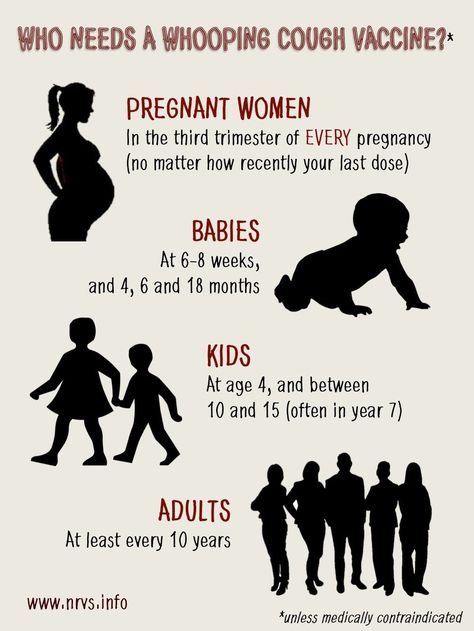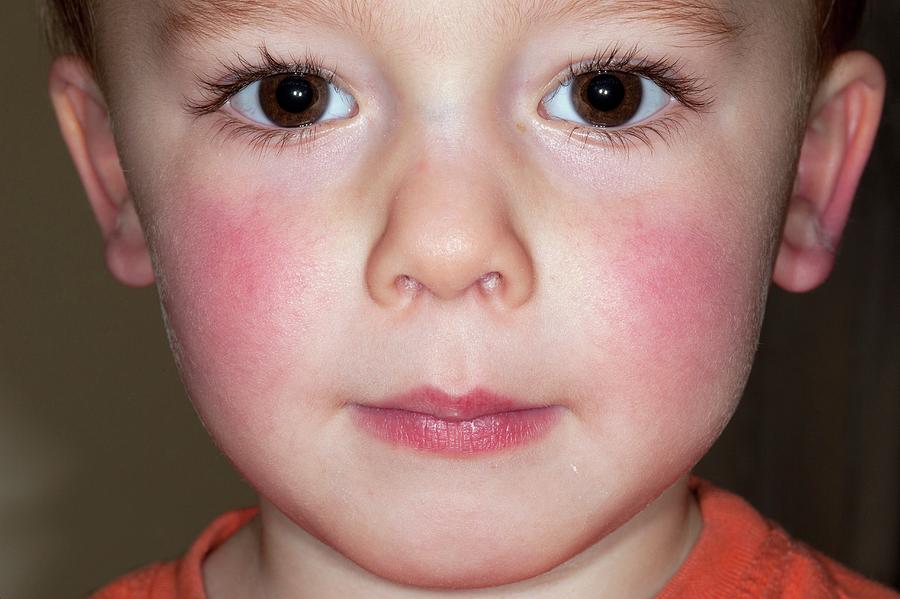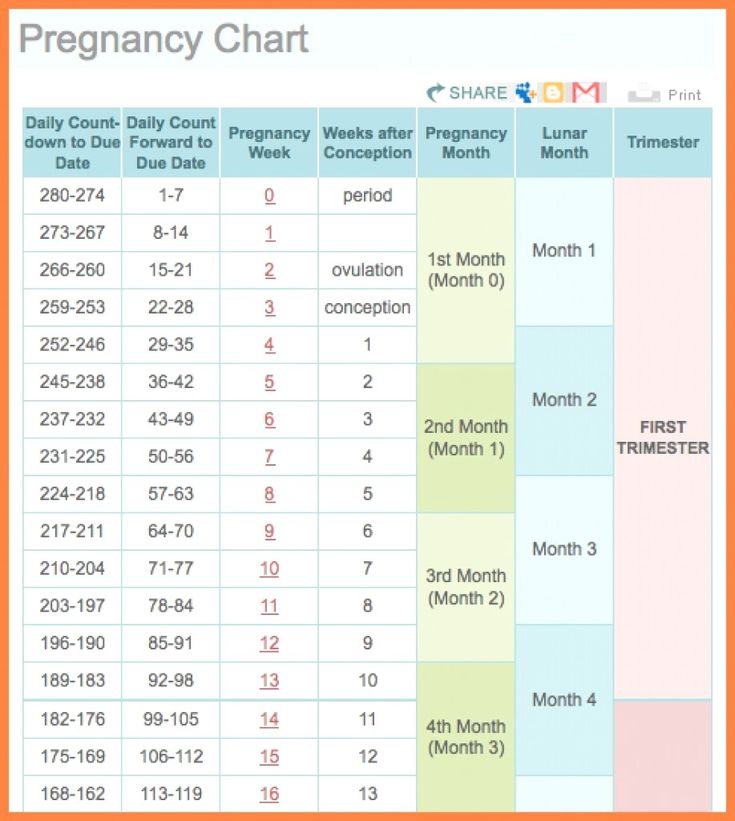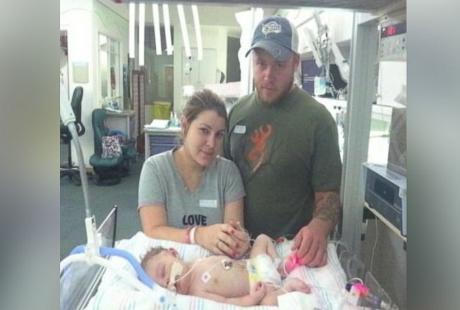Frequent bowel movement in early pregnancy
Is it normal, causes, and treatment
Hormonal changes during pregnancy can cause digestive issues, such as diarrhea, constipation, and gas. However, diarrhea during pregnancy can also result from a bowel infection or underlying bowel disorder.
Doctors consider diarrhea to be three or more loose, watery bowel movements in a day.
Persistent diarrhea can lead to dehydration and malnutrition. During pregnancy, this can harm the woman and the fetus, and pregnant women with severe or lasting diarrhea should seek immediate medical attention.
In this article, we discuss whether diarrhea is normal during pregnancy and the possible causes. We also describe when to see a doctor, home treatments, and medications.
Diarrhea is a very common condition that can affect anyone, including women who are pregnant. According to the American College of Gastroenterology (ACG), there is no up-to-date research about the prevalence of diarrhea in pregnant women.
During pregnancy, diarrhea may arise from hormonal or physical changes. However, it can also be unrelated to pregnancy and result from an infection or underlying bowel disorder.
One change that can cause diarrhea is a rise in prostaglandin levels. Prostaglandins, such as oxytocin, help stimulate contractions in the uterus but can also increase movement along the digestive tract.
If stool passes too quickly through the bowels, it can result in diarrhea. Increased prostaglandin levels can also cause diarrhea during the menstrual cycle.
Synthetic prostaglandins, such as a medication called misoprostol (Cytotec), can have diarrhea as a side effect. This is because misoprostol can cause stool to absorb more water and electrolytes from the stomach, contributing to diarrhea.
Doctors commonly use misoprostol to induce labor.
Bowel infections are a common cause of diarrhea. In addition to loose, watery stools, people with infectious diarrhea may also experience the following symptoms:
- bloody stools
- nausea and vomiting
- fever and chills
- dizziness or lightheadedness
Some organisms that can cause infectious diarrhea:
- bacteria, such as Escherichia coli or any in the Campylobacter, Salmonella, or Shigella genera
- viruses, including norovirus and rotavirus
- parasites, such as Giardia lamblia and Cryptosporidium enteritis
A person can become infected with these harmful organisms by consuming contaminated food or water. Infectious diarrhea can be a risk when traveling to developing countries.
Infectious diarrhea can be a risk when traveling to developing countries.
Chronic diarrhea can be a symptom of an underlying bowel disorder, such as:
- inflammatory bowel diseases, including Crohn’s disease and ulcerative colitis
- irritable bowel syndrome
- celiac disease
- small intestinal bacterial overgrowth
The conditions above can also cause a wide range of other symptoms. For instance:
- abdominal pain and cramping
- gas and bloating
- weight loss
- fatigue
- nausea and vomiting
- skin and joint problems
- anemia
If diarrhea accompanies other symptoms, see a doctor for an evaluation.
Diarrhea during pregnancy can also result from these issues:
- food intolerances or allergies
- dietary changes
- stress or anxiety
- certain medications
- eating foods that contain sugar alcohol, such as sorbitol, xylitol, or mannitol
Diarrhea can lead to severe dehydration and malnutrition, which can be harmful to the woman and fetus.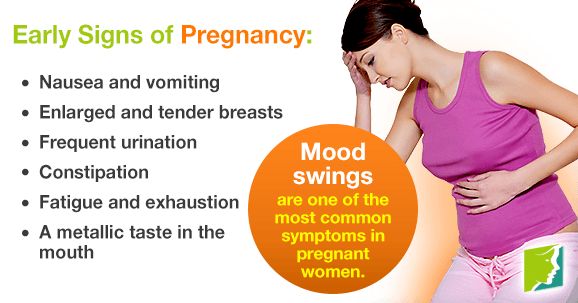
A pregnant woman should receive immediate medical care if she experiences any of the following symptoms:
- stools that contain blood or pus
- diarrhea that lasts longer than 48 hours
- six or more loose stools in a 24-hour period
- a fever of 102°F (39°C) or higher
- frequent vomiting
- severe pain in the rectum or abdomen
- symptoms of dehydration, such as dark urine, thirst, dry mouth, feeling lightheaded, or urinating less frequently
A person can prevent dehydration by drinking plenty of water. It is also important to drink liquids containing electrolytes, such as:
- broths and clear soups
- sports drinks
- fruit juices
- caffeine-free sodas
For pregnant women with severe hydration, a doctor may suggest an oral rehydration solution.
Many doctors also recommend a bland diet to help restore electrolytes lost from diarrhea. Examples of bland foods:
- applesauce
- bananas
- plain potatoes
- rice
- Saltine crackers
- toast
Also, avoid foods that can make diarrhea worse, such as dairy products, anything high in fat or sugar, and drinks containing caffeine.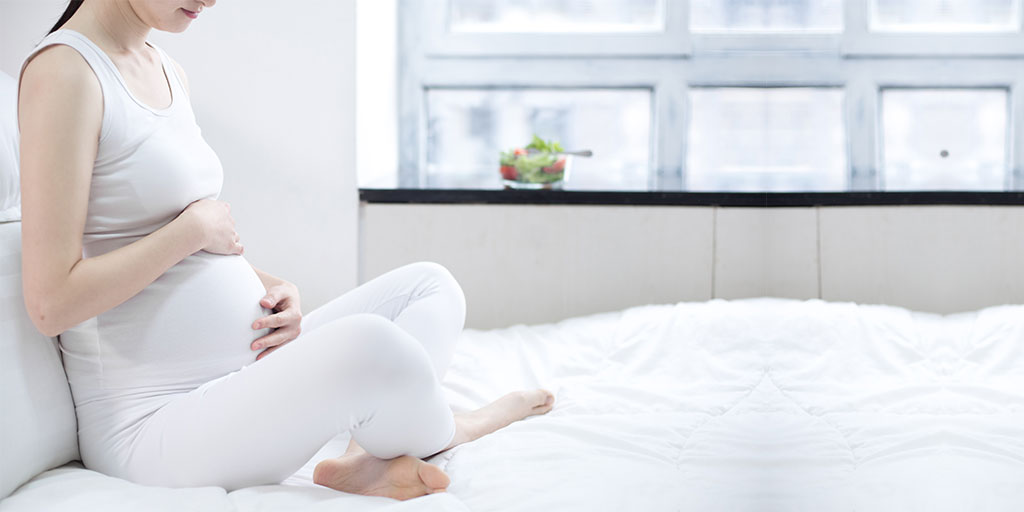
During pregnancy, it is important to talk to the doctor before taking any new medication. Some can be harmful, while the safety of others is not yet clear.
According to the ACG, a prospective, case-controlled study found no association between taking loperamide (Imodium) during the first trimester of pregnancy and major fetal abnormalities. Imodium is an effective OTC medication for treating short-term diarrhea.
However, the ACG do not recommend taking the antidiarrheal medications diphenoxylate-atropine (Lomotil) or bismuth subsalicylate (Pepto-Bismol) during pregnancy.
They report findings indicating that Lomotil can harm the fetus in the second and third trimesters. Pepto-Bismol may increase the risk of low birth weight, neonatal hemorrhage, and perinatal mortality.
Diarrhea is a common condition that can affect anyone, including women who are pregnant. Hormonal changes, bowel infections, and underlying bowel disorders can all cause diarrhea during pregnancy.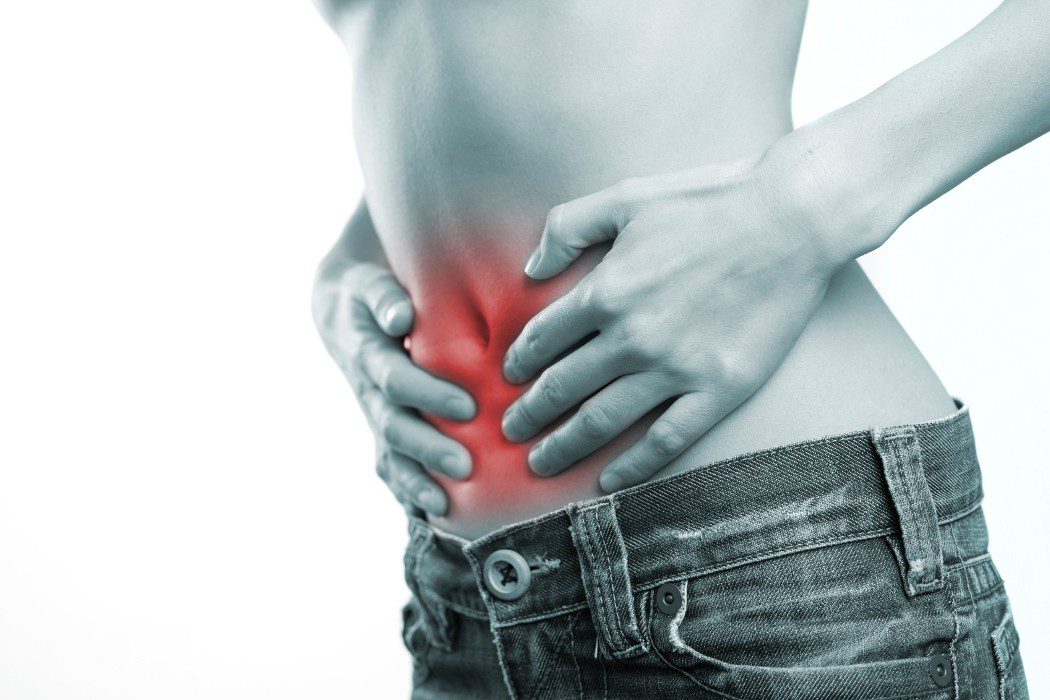
If diarrhea lasts for more than 48 hours, speak to a doctor. Seek immediate medical care for symptoms such as fever, dehydration, bloody stools, or frequent vomiting.
Also, it is important to speak to a doctor before taking any medications for diarrhea. Drinking plenty of water and clear broths or soups can help prevent dehydration.
Is Pooping A Lot A Sign Of Pregnancy?
You've heard all about morning sickness and tender boobs as early signs of pregnancy, but what about your uh...bathroom habits? Whether you’re newly pregnant or wondering if you could be, there are some digestive changes that come along with pregnancy that you should know about, particularly if you're suddenly running to the toilet for number twos all the time. (Not fun!)
Sooo...is pooping a lot one of the signs of early pregnancy?Actually, this is a bit of a myth, says Temeka Zore, MD, a board-certified ob-gyn and reproductive endocrinologist at Spring Fertility. Pooping a lot isn't linked to the beginning of most pregnancies. In fact, constipation is more likely.
Pooping a lot isn't linked to the beginning of most pregnancies. In fact, constipation is more likely.
Hormonal changes, particularly during the menstrual cycle, can have an affect on bowels, especially for people with IBS, research has found. But without a regular cycle during pregnancy, you may not notice the same digestive patterns (a.k.a. period poops) that you might have during menstruation. (Still, that's not to say *no one* experiences an increase in poops during early pregnancy, it's just not super common.)
During the early stages of pregnancy, the first thing you’ll probably notice is your period dropping off. Then, it’s common to experience nausea or vomiting, breast tenderness, fatigue, and increased urination, says Dr. Zore. Bloating and cramping, particularly of the uterus, are also some things you should be prepared for. It’s important to note that most of these unpleasant symptoms won’t last for too long in your pregnancy (thankfully!).
If your stomach issues go beyond occasional cramping, bloating, and fullness—these are signs that the uterus is expanding and compressing your bowels, says Dr. Zore—there might be something else going on. Of course, if you’re already aware that you have a form of inflammatory bowel disease, just note that the symptoms may flare up during pregnancy, according to a study published in Gastroenterology and Hematology.
Related Story
- 7 IBS Symptoms Every Woman Should Know About
If you’ve never been diagnosed with any gastroenterological conditions and are experiencing frequent bouts of diarrhea throughout your pregnancy, for example, this is worth getting checked out, since it could be a sign of a more serious inflammatory bowel condition, like ulcerative colitis or Crohn’s disease. "These include multiple episodes of diarrhea per day, bloody stools, fever, and abdominal pain,” Dr. Zore explains. It’s important to pay attention to any of these symptoms, whether they’re mild, moderate, or severe, she says.
Zore explains. It’s important to pay attention to any of these symptoms, whether they’re mild, moderate, or severe, she says.
Again, diarrhea throughout pregnancy is actually less typical than constipation, but if you do experience it, it's more likely to happen closer to the time of delivery. “At that time, your uterus starts producing hormones known as prostaglandins, which help soften the cervix and prepare the uterus to contract in labor,” explains Dr. Zore.
The prostaglandins also get the smooth muscles of the digestive tract moving, so stool will pass more quickly, Dr. Zore says. You may just experience increased frequency or urgency to go to the bathroom, or you may even get diarrhea in some cases.
If you do have diarrhea, hydration is super important. Basically, loading up on water is your best defense mechanism. Eating a diet rich in fiber while pregnant is also key to make sure you don’t end up with loose stools, says Dr. Zore.
Eating a diet rich in fiber while pregnant is also key to make sure you don’t end up with loose stools, says Dr. Zore.
You’re likely to have constipation at any point of your pregnancy due to the hormonal changes going on. “The elevated progesterone levels in pregnancy lead to smooth muscle relaxation in the uterus (to prevent uterine contractions early on) but can also lead to the relaxation of the smooth muscle in the colon, leading to reduced bowel activity and constipation,” says Dr. Zore.
Related Story
- 12 Foods to Eat When You’re Constipated
The other unpleasant symptom you may experience during pregnancy is hemorrhoids, which can affect 30 to 40 percent of people during pregnancy and the postpartum stage, according to Dr. Zore. They can make constipation worse, first of all, but can also cause pain and even bleeding.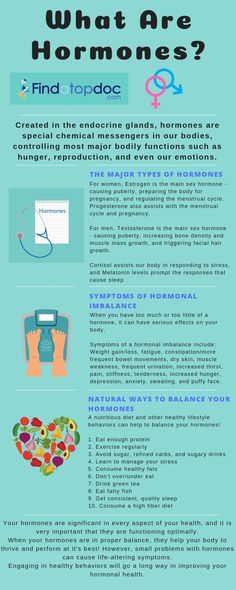 This makes your hydration and high-fiber diet even more of a priority, Dr. Zore says.
This makes your hydration and high-fiber diet even more of a priority, Dr. Zore says.
If you’re experiencing persistent bleeding or bloody stools, that is a red flag of a potentially more serious condition.
When should you see a doctor?Any time you notice blood in your stools while pregnant, contact your ob-gyn to check in on what could be wrong, Dr. Zore says. If you have persistent diarrhea that’s causing you to lose weight during pregnancy or is accompanied by a fever greater than 100.4 degrees, alert your doc, she adds. And, if you find yourself not making it to the bathroom, or having extreme stomach pains or cramping, you should bring these symptoms up to your gyno, too.
In some cases, it might benefit you to see a G.I. doctor as well as your ob-gyn. “If you have a known history of inflammatory bowel disease and notice you are having a flare of your symptoms, you should contact your ob-gyn as well as your gastroenterologist,” says Dr. Zore. Or, if your pregnancy is causing stomach issues beyond the scope of what seems normal, it wouldn’t hurt to have a check up with a gastroenterologist to make sure your digestion is healthy.
The bottom line: Pooping more and having diarrhea usually isn't an early sign of pregnancy. Most pregnant women deal with constipation. If you are having diarrhea, check in with your ob-gyn.
Mara Santilli
Mara is a freelance writer and editor specializing in culture, politics, wellness, and the intersection between them, whose print and digital work has appeared in Marie Claire, Women’s Health, Cosmopolitan, Airbnb Mag, Prevention, and more. She’s a Fordham University graduate who also has a degree in Italian Studies, so naturally she’s always daydreaming about focaccia.
Toxemia, Intestinal Problems, and Heartburn
Find out how pregnancy affects your digestive tract, which trimesters are more likely to cause indigestion and nausea, and what to do to manage them.
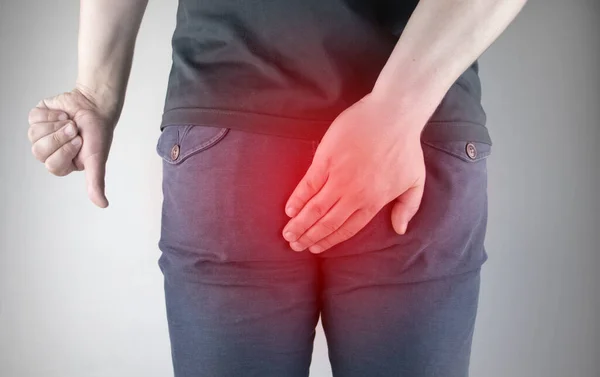
During pregnancy, the burden on the mother's body increases. The body needs more nutrients, the body produces additional hormones. And the growing fetus puts pressure on neighboring organs, including the stomach and intestines. We tell you what symptoms are observed in each trimester, how to cope with toxicosis and get rid of heartburn.
Contents:
- 2. Toxicosis and pregnancy
- 3. Causes, risks and treatment of diarrhea during pregnancy
- 4. Heartburn and stomach pain during pregnancy
- 5. Bloating, constipation and microbiota during pregnancy
- 6. Note
Changes in the work of the gastrointestinal tract by trimesters of pregnancy
The average duration of pregnancy is 40 weeks, which are usually divided into trimesters in accordance with the stages of intrauterine development of the child.
Each trimester is accompanied by a number of changes in the body, including in the gastrointestinal tract:
| The first trimester 1–13 weeks | 900 26 weeks | Third trimester of pregnancy 27–40 weeks |
| Morning sickness Morning sickness Zapor Intestinal disorder increased appetite TREAM to certain products Acid reflux | Constipation Acid Office 9000 9000 9000 9000 Flatulence Constipation Heartburn Violation of the outflow of bile Hemorrhoids |
The Atlas Genetic Test will help you find out how your genes affect the level of female sex hormones necessary for fertility and pregnancy.
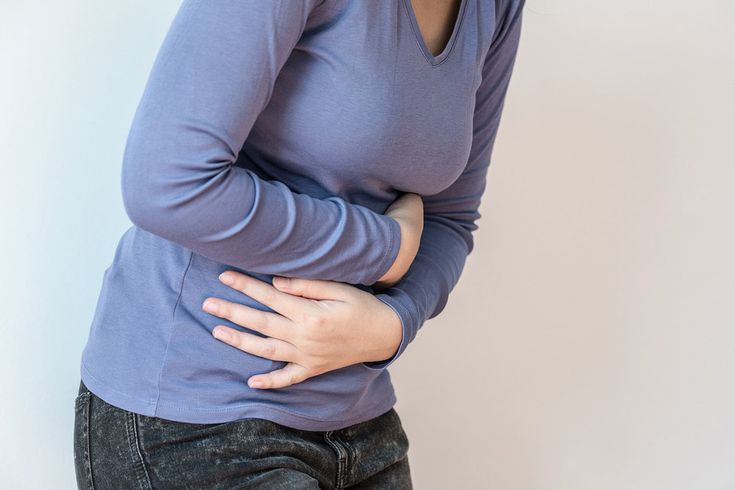
Causes of gastrointestinal problems during pregnancy
Every pregnancy is accompanied by inevitable changes in the functioning of the digestive system. They are most often caused by hormonal changes and increased stress on organs, but they can also be associated with lifestyle and health conditions, for example:
- Sedentary lifestyle and unbalanced diet;
- Certain drugs, including calcium or aluminum antacids;
- Viral and bacterial infections;
- Intolerance to certain nutrients and allergic reactions;
- Stress;
- Diseases of the thyroid gland.
If you have chronic diseases of the gastrointestinal tract and you are planning a pregnancy, try to consult your doctor in advance. Symptoms of conditions such as irritable bowel syndrome (IBS) or acid reflux are more likely to get worse during pregnancy. Your doctor will help prepare your body and create a prevention plan to help relieve symptoms during this time.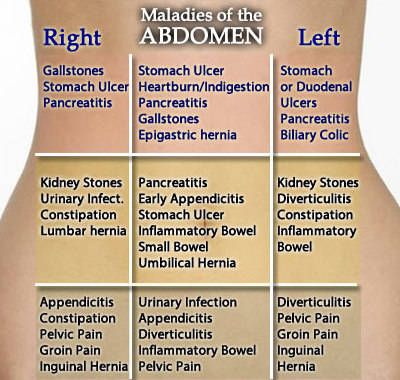
Irritable bowel syndrome, or IBS, is a functional bowel disease that causes frequent abdominal pain, impaired peristalsis, bloating, constipation, or diarrhea.
Morning sickness, vomiting and general malaise during pregnancy
Morning sickness and morning sickness during early pregnancy are common, because the body undergoes important changes necessary for the development of the child.
up to 90%
women experience nausea during pregnancy
Doctors find it difficult to say with certainty why pregnant women feel sick in the morning. The main theory is hormonal changes. But there are some patterns associated with an increased risk of morning sickness:
- Multiple pregnancy;
- Toxicosis during previous pregnancy;
- History of morning sickness during pregnancy in close relatives;
- Tendency to motion sickness in transport;
- Use of oral contraceptives containing estrogen before pregnancy;
- Frequent migraines;
- BMI 30 and above;
- Elevated levels of stress hormones
Risks of severe morning sickness and how to reduce nausea
Nausea and vomiting are usually not associated with a risk for mother and child and disappear by 16-20 weeks of pregnancy, but it is not necessary to wait so long - there are ways that can help reduce nausea and enjoy the process of waiting for a new person:
- Get plenty of rest - fatigue increases toxicosis;
- Avoid smells and foods that cause nausea;
- Eat something right after waking up.
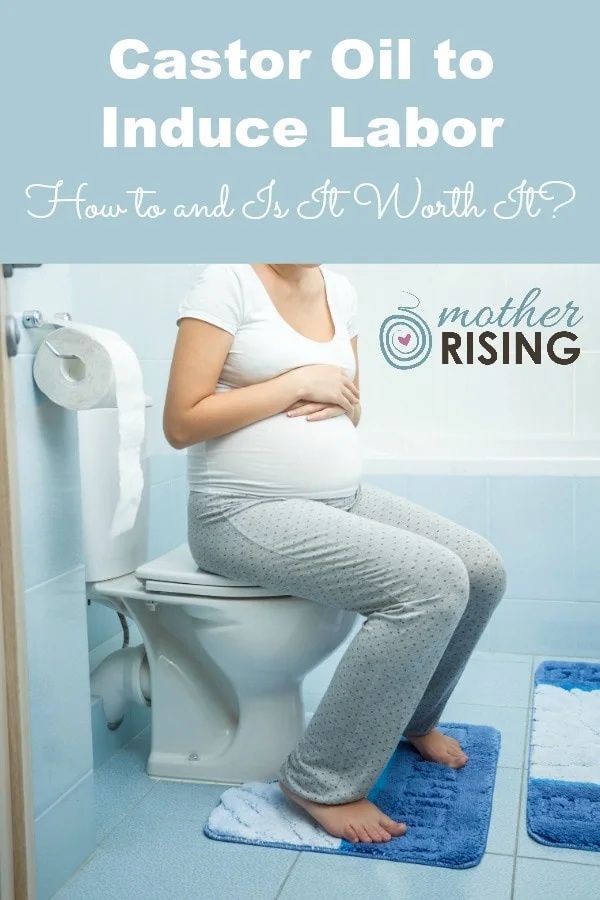 A toast or a slice of bread will help reduce nausea;
A toast or a slice of bread will help reduce nausea; - Avoid hunger - empty stomach increases nausea. Eat small meals often, prefer low-fat, high-carbohydrate foods;
- Try ginger - studies show it helps with nausea;
- Sip as often as possible and prefer still water.
In rare cases, pregnant women may develop hyperemesis gestationis or excessive vomiting. This is a serious condition that can lead to dehydration, kidney damage, seizures, abnormal heart rhythms, and even death.
Signs of dehydration include dry mouth, dizziness, dark urine, infrequent urination and/or dizziness.
Symptoms of excessive pregnancy vomiting:
- frequent nausea for a long time and regular vomiting after meals;
- dry skin and lips;
- sudden weight loss;
- low blood pressure (below 90/60).
If symptoms of excessive pregnancy vomiting occur, do not wait until the condition resolves on its own.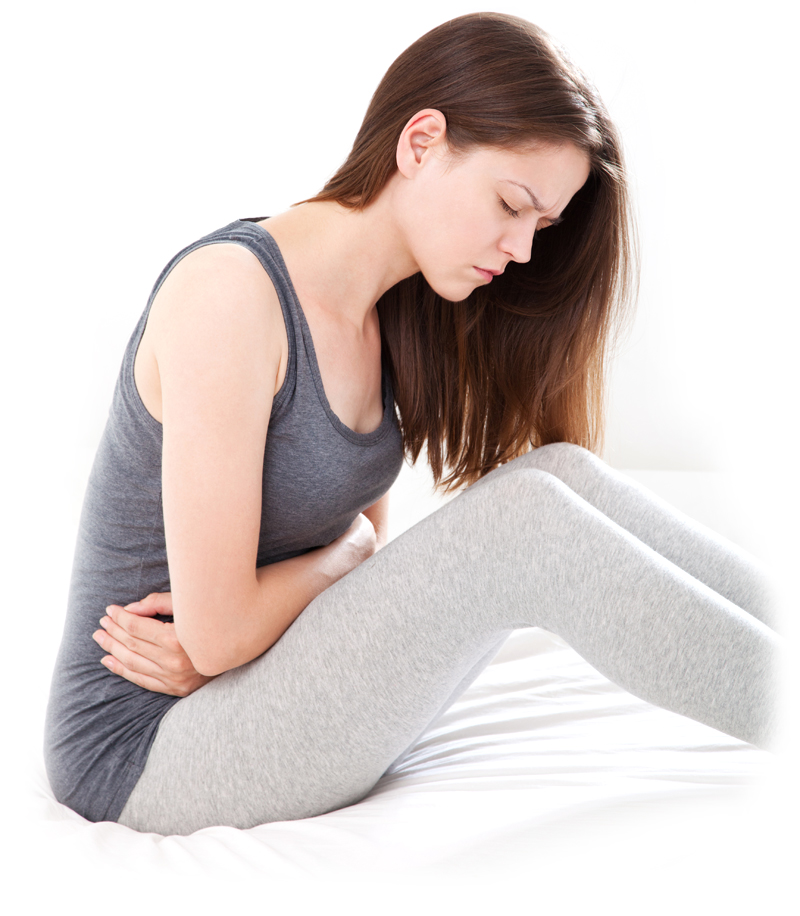 It is necessary to seek medical help as soon as possible - the doctor will prescribe treatment, help adjust the diet and lifestyle of the expectant mother.
It is necessary to seek medical help as soon as possible - the doctor will prescribe treatment, help adjust the diet and lifestyle of the expectant mother.
0.5–2%
pregnant women experience excessive vomiting
Diarrhea in pregnancy
The word "diarrhea" comes from the Greek language and literally means "to flow through". This is a condition during which bowel movements or bowel movements occur three times a day or more often. This phenomenon is especially typical for the third trimester of pregnancy, but it can also occur earlier.
Symptoms of diarrhea:
- Three or more bowel movements per day
- Urgent urge to have a bowel movement
- Abdominal pain and cramps
- Bloating
Causes of diarrhea during pregnancy poisoning, dysbacteriosis, bacterial and viral infections:
| Gastroenteritis | Use of lactose and gluten in case of intolerance to these nutrients |
| Bacterial infections: listeriosis or salmonella | Chronic gastrointestinal diseases: Crohn's disease, IBS, ulcerative colitis |
| Certain antibiotics and antacids to reduce acidity | Laxatives |
| Sugar substitutes such as sorbitol | Overconsumption of certain foods |
Tip: If you have recently returned from a vacation in an exotic country with nausea and diarrhea and find out you are pregnant, see your doctor as soon as possible.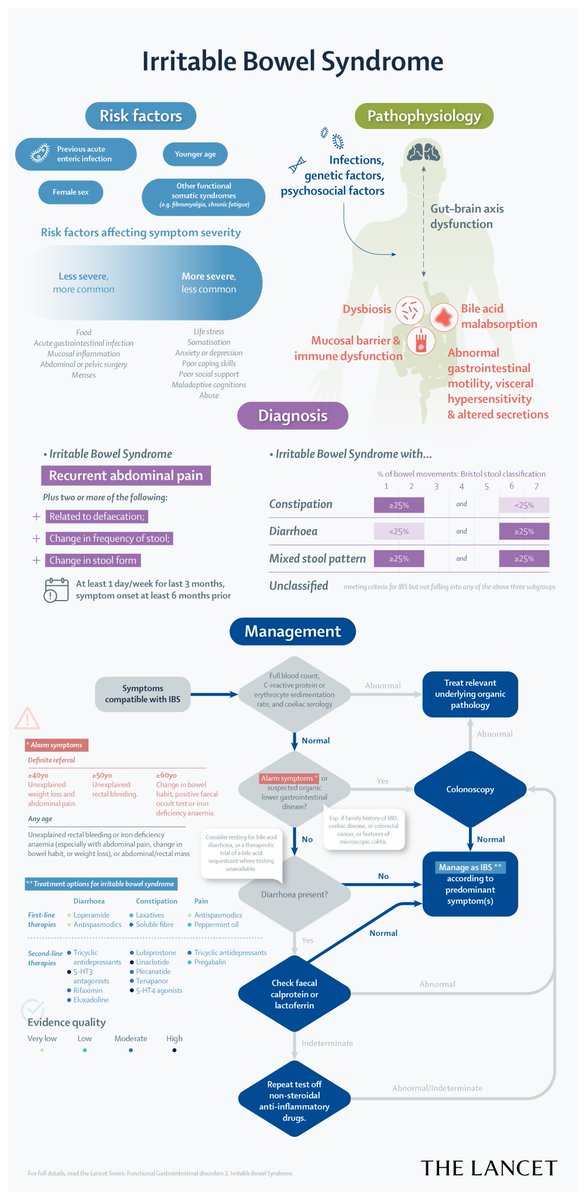
Gastroenteritis
One common cause of diarrhea during pregnancy is gastroenteritis or stomach flu. It is caused by bacterial or viral infections: norovirus, rotavirus, E. coli, salmonella, which enter the body through contact with contaminated surfaces, dishes, food and water.
Gastroenteritis usually lasts about three days. However, severe illness is a health hazard, especially during pregnancy, as it can cause dehydration, electrolyte imbalance, and lead to preterm labor.
The main symptoms of gastroenteritis are diarrhea without blood, nausea and vomiting, stomach cramps and pain, slight fever, headache and muscle pain.
Take extra precautions to reduce your risk of getting sick: frequent handwashing and surface disinfection. If the expectant mother has small children, they are not recommended to use the same cutlery.
Risks of diarrhea during pregnancy
Usually diarrhea during pregnancy is not a cause for concern. However, you should consult a doctor if the following symptoms occur during this period:
However, you should consult a doctor if the following symptoms occur during this period:
- Diarrhea for more than two days;
- Blood or mucus stools;
- Sudden weight loss;
- Pain in the abdomen;
- Dehydration.
How to treat diarrhea during pregnancy
If you have diarrhea during pregnancy, drink plenty of fluids, avoid foods high in fat and sugar, avoid dairy products, and caffeinated drinks.
Dehydration is a serious risk, especially during pregnancy, so electrolyte balance should be restored first with fluids and simple foods:
| Moderate fruit juices | Drinks without alcohol and caffeine |
| Bananas | Potato |
| Rice | Toast |
| Rusks | Light soups and broths |
| Pasta | Applesauce |
Find out about your body's ability to break down lactose and gluten with the Atlas Microbiota Test.
Stomach pain and heartburn during pregnancy
Many women experience stomach pain during pregnancy, especially in the upper part of the stomach, as well as heartburn - a burning sensation in the chest and esophagus.
This is more common in the third trimester, after about 27 weeks. This is an unpleasant but natural phenomenon during pregnancy: the baby grows inside the uterus and presses on other organs, including the stomach. And hormones cause the muscles to relax, which causes acid from the stomach to enter the esophagus and irritate it. In addition, pain can be caused by problems with certain organs such as the gallbladder, or inflammation of the pancreas.
Symptoms of heartburn during pregnancy:
- Burning in chest and esophagus;
- Feeling of overeating, heaviness or bloating;
- Belching, including with acid and/or food particles;
- Nausea.
It is unlikely that you will be able to avoid cramps and heartburn during pregnancy.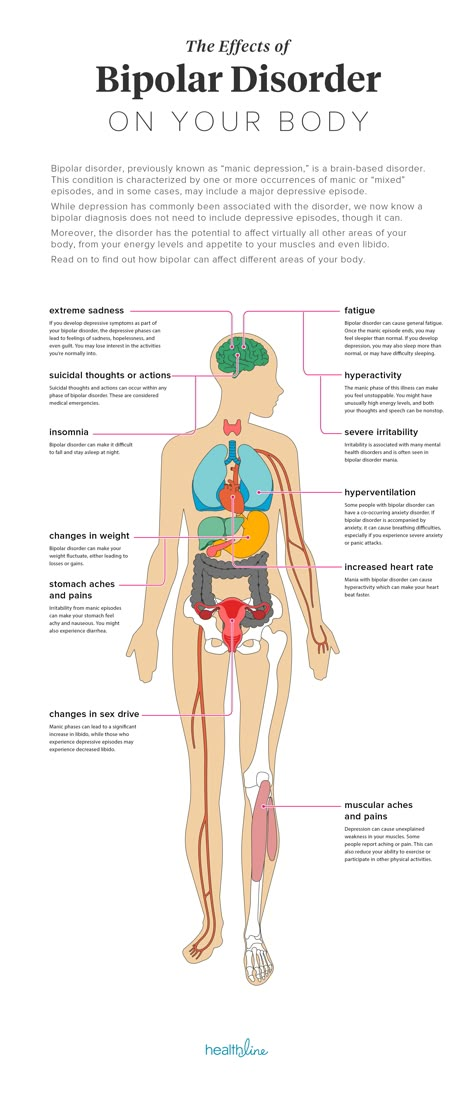 However, some tips can help reduce their frequency:
However, some tips can help reduce their frequency:
Nutrition : try to avoid overeating - eat easily digestible food in small portions; do not eat three hours before bedtime; watch your posture while eating - so the pressure on your stomach will be less.
Smoking and alcohol: In addition to known harms to mothers and babies, tobacco smoke also relaxes the muscles in the lower esophagus, allowing acid to enter the esophagus. And alcohol provokes heartburn and acid reflux.
Although stomach pain and heartburn often accompany pregnancy, abdominal pain, especially in the third trimester, should be taken seriously. It can be a sign of preterm labor or placental abruption, and puts mother and baby at risk.
If you experience severe abdominal pain during pregnancy that is accompanied by the following symptoms, seek medical attention as soon as possible:
| Abdominal pain and fever | Bleeding |
| Regular convulsions | Unusual vaginal discharge / spotting |
| Vomiting | Low back pain |
| Pain or burning when urinating | Severe pain that lasts 30-60 minutes |
Bloating, constipation and microbiota during pregnancy
Excessive gas and constipation during pregnancy can be caused by hormonal changes, such as increased production of progesterone. This hormone, essential for nourishing the uterus and fetus, relaxes the muscles of the body, including the muscles in the intestines, which slows down digestion and increases flatulence. A similar reaction of the body can be observed before each menstruation, when the production of progesterone increases.
This hormone, essential for nourishing the uterus and fetus, relaxes the muscles of the body, including the muscles in the intestines, which slows down digestion and increases flatulence. A similar reaction of the body can be observed before each menstruation, when the production of progesterone increases.
Flatulence - bloating of the abdomen due to the accumulation of gases.
Here are a few simple rules that will help improve bowel movements and avoid constipation and bloating:
- If you don't usually eat a lot of fiber and indigestible foods like legumes, try to gradually introduce them into your diet;
- Avoid carbonated drinks and fatty foods;
- Move more;
- Drink plenty of fluids.
If bloating and constipation are accompanied by severe pain that lasts more than 30 minutes, or if you have been constipated for two or more weeks, see your doctor.
Gut microbiota and bacteria during pregnancy
A woman's body goes through many changes during pregnancy, and this can affect the microbiota, the bacterial ecosystem that lives in the gut.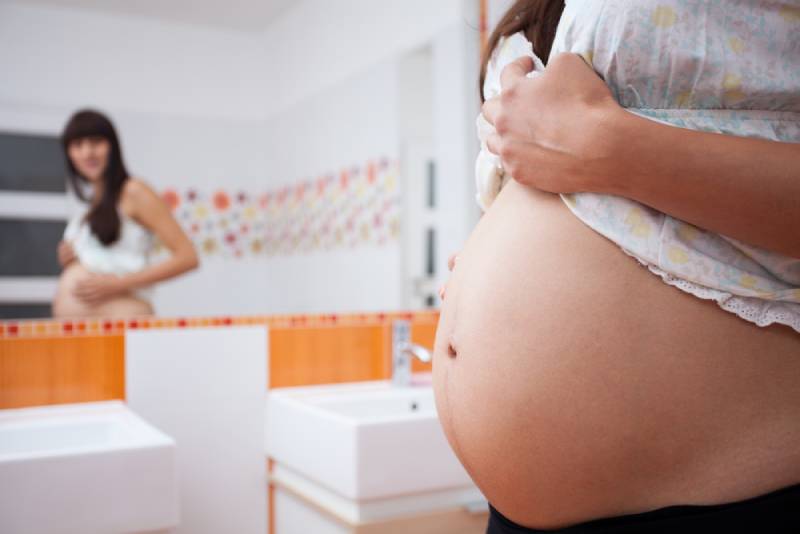 Trillions of microorganisms do important work for the whole body: they synthesize vitamins and essential acids, keep your intestines working and protect it from disease and inflammation.
Trillions of microorganisms do important work for the whole body: they synthesize vitamins and essential acids, keep your intestines working and protect it from disease and inflammation.
The additional influx of female hormones that accompanies pregnancy alters gut function and affects the microbiota. This is good, because the bacterial community is constantly adjusting to external and internal conditions in order to keep up with the needs of the body.
To keep your gut bacteria running smoothly, they need your help. Provide them with healthy foods and plant fibers. Fruits, vegetables, whole grains, nuts, and seeds contain prebiotics, special substances that beneficial bacteria feed on. When properly balanced, the bacteria even increase your body's defenses against harmful microorganisms that can cause gastroenteritis during pregnancy.
The Atlas Microbiota Test will help you understand how to prepare your intestines for future pregnancy and reduce the risk of digestive problems.
☝️ Take note
Now you have all the necessary knowledge and tools to help you deal with digestive problems during pregnancy. They are quite varied and quite natural, but in some cases it is necessary to immediately seek medical help:
- Vomiting blood;
- Blood in stool;
- Diarrhea for more than two days;
- Constipation for more than two weeks;
- Sudden weight loss;
- Severe pain interfering with daily activities;
- Difficulty breathing;
- Pain when swallowing or difficulty swallowing;
- Excessive fatigue.
More articles on the causes of digestive problems in the blog:
- 7 foods that cause gas and bloating
- Lindsey J Wegrzyniak, Treatment of Hyperemesis Gravidarum, 2012
- Edwards A. et al., The Maternal Gut Microbiome During Pregnancy, 2018
- National Health and Safety (NHS), Vomiting and morning sickness in pregnancy
- Kudzai Kanhutu, Travel and pregnancy: an infectious diseases perspective, 2011
- CDC, Pregnant travelers
- U.
 S. Department of Health and Human Services, Agency for healthcare research and quality, Abdominal Pain in Early Pregnancy
S. Department of Health and Human Services, Agency for healthcare research and quality, Abdominal Pain in Early Pregnancy - Robyn Horsager-Boehrer, M.D., UT Southwestern Medical Center, Should pregnant moms be concerned about gastroenteritis?, 2018
- International Foundation for Gastrointestinal Disorders, Pregnancy and Irritable Bowel Syndrome, 2016
- NHS Vomiting and morning sickness in pregnancy
- NHS, Severe vomiting in pregnancy
- Lindsey J Wegrzyniak et al., Treatment of Hyperemesis Gravidarum, 2012
- Karen Miles, Diarrhea during pregnancy, 2020
- Cleveland Clinic, Diarrhea
- You and your hormones, Progesterone
- Traci C. Johnson, MD, Pregnancy, Bloating, 2020
Diarrhea during pregnancy: symptoms, causes and consequences, diagnosis and treatment
Diarrhea during pregnancy: causes, diagnosis and treatment
Average reading time: 9 minutes
Content:
Causes and symptoms of diarrhea during pregnancy
Diagnostic features
The consequences of diarrhea in pregnant women
treatment areas
When treatment is required in the hospital
Diet
Can I use the Imodium ® Express during pregnancy 9000 9000 9000) not only a deterioration in well-being, but also unwanted unrest for a woman who is expecting a baby. Frequent defecation causes significant discomfort and is often accompanied by additional unpleasant symptoms. In addition, this condition can pose a serious danger to the woman and the fetus due to the threat of dehydration and other risks. One of the difficulties is that with diarrhea in pregnant women in the first trimester, not all antidiarrheal drugs can be drunk. The active components of some drugs can have a negative effect on the fetus. That is why with frequent bowel movements it is necessary to consult a specialist. The doctor will diagnose and tell you what to do with diarrhea.
Frequent defecation causes significant discomfort and is often accompanied by additional unpleasant symptoms. In addition, this condition can pose a serious danger to the woman and the fetus due to the threat of dehydration and other risks. One of the difficulties is that with diarrhea in pregnant women in the first trimester, not all antidiarrheal drugs can be drunk. The active components of some drugs can have a negative effect on the fetus. That is why with frequent bowel movements it is necessary to consult a specialist. The doctor will diagnose and tell you what to do with diarrhea.
Back to content
Causes and symptoms of diarrhea during pregnancy
Infectious. Bacterial and viral infections (eg, noro- or rotavirus) can cause bowel dysfunction. They are usually transmitted by airborne droplets or the fecal-oral route. Pathogenic microorganisms also often enter the gastrointestinal tract through the use of low-quality foods or contaminated water. Infectious diarrhea during pregnancy in the second and third trimester may be accompanied by fever, chills, nausea and vomiting, painful abdominal cramps, and general weakness. An admixture of mucus often appears in the feces.
An admixture of mucus often appears in the feces.
Non-infectious. This form of diarrhea can be caused by a variety of factors: changes in diet, frequent stress, disorders of digestion and absorption, some chronic diseases, taking certain medications. In this case, the pregnant woman may be disturbed by frequent defecation (sometimes with imperative, i.e., strongly pronounced, irresistible urges), abdominal pain in the upper or lower section. With organic lesions of the colon, an admixture of blood sometimes appears in the feces. In the later stages, violations of the frequency of bowel movements may be associated with fetal pressure on the digestive tract.
Up to content
Diagnostic features
When diagnosing a disease that caused diarrhea, it is important to exclude surgical, urological and obstetric pathologies. For this, an examination is mandatory, if necessary, the doctor prescribes an additional examination. Early diarrhea may be a manifestation of ectopic pregnancy, appendicitis, urinary tract infections, pyelonephritis, inflammatory bowel disease, and acute pancreatitis.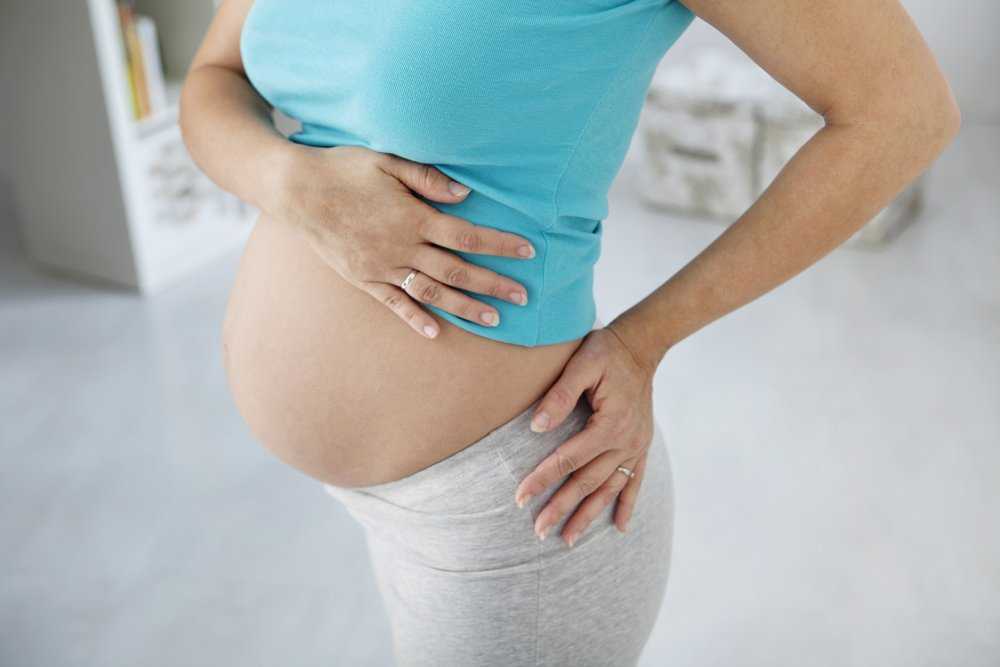 That is why it is important to quickly establish the cause of the disruption of the intestines and select adequate therapy. It is also mandatory to monitor (monitor observation) the condition of the fetus at 37, 38 and 39weeks of pregnancy.
That is why it is important to quickly establish the cause of the disruption of the intestines and select adequate therapy. It is also mandatory to monitor (monitor observation) the condition of the fetus at 37, 38 and 39weeks of pregnancy.
Back to Contents
Effects of Diarrhea in Early Pregnancy
Prolonged diarrhea can lead to dehydration, a condition that is dangerous for both the expectant mother and the fetus. It is manifested by severe weakness, dry mucous membranes, thirst. With a strong degree of dehydration, cardiac and respiratory activity can be disturbed. Diarrhea can also in some cases increase the risk of miscarriage due to an increase in the contractile activity of the uterus, and can lead to impaired uteroplacental blood flow.
Up to content
Directions for treatment
How to treat diarrhea should be decided by the doctor, taking into account the woman's condition, the cause of indigestion, gestational age and other factors. Typically, therapy includes the following areas.
Typically, therapy includes the following areas.
| Restoration of water and electrolyte balance | Replenishment of fluid deficiency in pathologies accompanied by diarrhea is an important measure to prevent severe and life-threatening conditions. To restore the water and electrolyte balance, pregnant women, on the recommendation of a doctor, can drink non-carbonated mineral water or rehydration solutions. The latter contain the salts necessary for the body, which are excreted from it along with the liquid. It should be borne in mind that with severe dehydration, drinking a solution of salts may no longer be enough. In this case, rehydration drugs are infused intravenously (in a hospital setting, if recommended by a doctor). |
| Elimination of toxins | To reduce the load on the body, it is necessary to help it get rid of toxic substances. In some cases, gastric lavage is performed for this purpose. |
| Restoration of normal intestinal microflora | To normalize the processes of digestion and absorption, it is necessary that beneficial bacteria be present in the intestines. They can be obtained from food (for example, fermented milk products with live cultures). In addition, according to indications, the doctor may prescribe probiotic preparations that help restore intestinal microflora. |
| Treating the cause of diarrhea | If frequent bowel movements are a symptom of a bacterial infection, antibiotics may be used to treat. Such remedies can help eliminate the cause of diarrhea by destroying pathogenic microorganisms. |
Back to Table of Contents
When Hospital Treatment is Necessary
Diarrhea is not always treated at home. With severe dehydration, the risk of miscarriage, severe concomitant diseases, the doctor may suggest that the pregnant woman go to the hospital. Such a measure allows for constant medical supervision, which in such cases is often simply necessary. Urgently seek medical attention and urgent hospitalization may be required if:
- severe abdominal pain of any location;
- blood in feces;
- general lethargy.
The standard clinical indications for inpatient treatment are moderate to severe diarrhea accompanied by dehydration. It is also necessary to go to the hospital if home therapy does not work for 3-4 days (the pregnant woman does not get better, the symptoms persist).
Important! Even on an outpatient basis, the treatment of conditions accompanied by diarrhea should be carried out under the supervision of a physician.
Back to Contents
Diet
During the treatment of diarrhea, it is very important to adjust your diet in order to reduce the load on the digestive tract and help the body cope with the problem faster. In case of violations of the intestines, accompanied by frequent defecation, spicy, sour, fatty foods are excluded from the diet. With an intestinal disorder, you can not use whole milk, fresh fruits and vegetables, legumes, sweets, spices, smoked snacks. Liquid, semi-liquid, pureed, steamed products are allowed. They should be served warm, but not hot or cold. In the early days of infectious diarrhea, experts may recommend a starvation diet. Then, rice water, liquid cereals from oatmeal or buckwheat are introduced into the diet.
Back to Contents
Can I use IMODIUM
® Express in early pregnancy? The active substance of the drug is loperamide, data on the teratogenic or embryotoxic effect of which are absent. However, the drug can not be used at any stage of pregnancy.
 Also, strictly according to the doctor's prescription, you can take enterosorbents. These drugs, passing through the gastrointestinal tract, can bind toxic substances and promote their removal from the body in a natural way. By themselves, such drugs do not interact with the intestinal mucosa or other parts of the digestive tract.
Also, strictly according to the doctor's prescription, you can take enterosorbents. These drugs, passing through the gastrointestinal tract, can bind toxic substances and promote their removal from the body in a natural way. By themselves, such drugs do not interact with the intestinal mucosa or other parts of the digestive tract.  The drugs are used strictly according to the doctor's prescription.
The drugs are used strictly according to the doctor's prescription. 